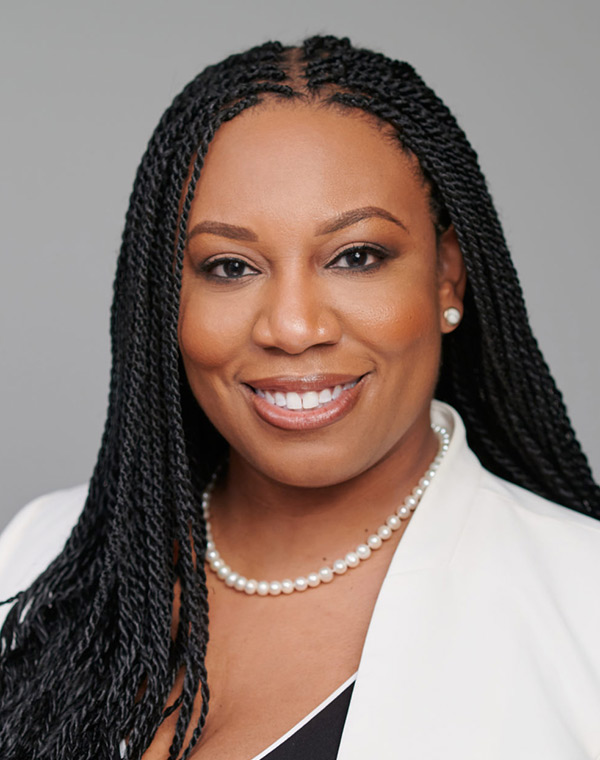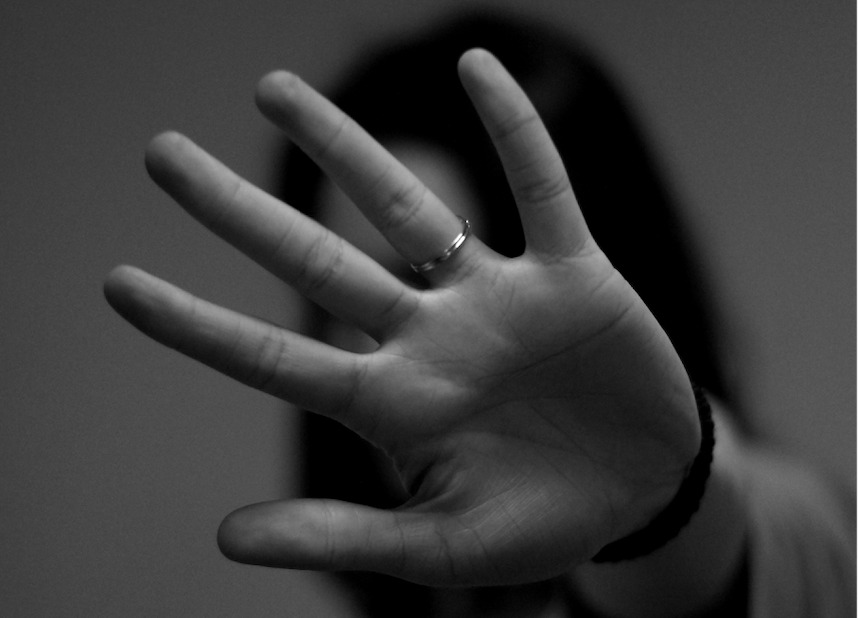Sex worker rights matter and Asian hate must stop
Last week’s massacre of eight people – including six Asian women – at massage parlors in Atlanta has exposed racism and misogyny as an epidemic.
Community nonprofits have spoken out against the anti-Asian wave of violence. NCLR Executive Director Imani Rupert-Gordon has issued the following statement: “This is white supremacy. This is misogyny. This is anti-Asian tropes and stereotypes. This is the legacy of a national leader who callously placed the blame of the global pandemic on a single population of individuals and gleefully traded in racist rhetoric. As a broader community, we must be doing more to support and protect our AAPI communities – particularly women – in order to end this disturbing and growing spate of violence.”

The Diverse Elders Coalition (DEC), condemned the continued and heightened attacks on people of Asian descent living in the United States, including elders. “The attack… is heartbreakingly unsurprising, given the hateful and fallacious rhetoric tying Asian Americans to the spread of COVID-19. Hate, xenophobia, and racism have hurt all of the DEC’s communities, from violent attacks, to deportations, to measurable health disparities that are exacerbated by the pandemic. We are heartbroken to see this violence against the Asian American community, and we are continuing to monitor the impacts of racism, discrimination, and hate on all of our communities.”
But many advocates and scholars say the shootings targeted a group of people who are marginalized in more ways than one, in a crime that intersects stigmas about Asian-Americans, women, immigrant workers and sex workers.
Berkeley College’s Professor Heidi Hoefinger has worked in the field of migration and sex work. Her latest research was published on March 10, 2021, in Ethnic and Racial Studies, a leading international scholarly journal for the analysis of race and migration. Prof. Hoefinger, PhD, Social Sciences, Berkeley College Division of General Education, and Faculty Advisor, Gender and Sexuality Alliance, teaches courses in Global Conflict, Gender Race and Class, Human Sexuality, and the Science of Addiction and Obsession, among others. The New York researcher says that “stigma, injustice, structural inequality, and social exclusion” plague the understanding of women sex workers.

“However, these issues disproportionately affect cisgender and transgender women, queer people, migrants, undocumented folks, people of color and disabled people. If we care about women’s rights, and women who self-identify with the above groups, then we also need to care about the rights of sex workers and trafficking survivors. People who end up in the global sex trade – by choice, circumstance or coercion – often are just trying to make a better life for themselves and their families. This is really an intersectional justice issue.”
Hoefinger says: This is a particularly feminist issue, and important to not only women, but all genders, because historically – and today – much of women’s labor has been devalued, and female sexuality has been shamed and oppressed. People involved in sex work know that reproductive and other labor traditionally done by women has been disparaged in similar ways. Globalization has created a feminization of both poverty and migration, whereby many people end up traveling and using their bodies to work. Whether it be caring for other people’s children, cleaning other people’s homes, or engaging in sexual labor, these female workers and migrants need protections and the ability to work and live safely, not criminalization and the violence and negative health impacts that go along with that.”
US House Reauthorizes Violence Against Women Act
It comes as the US House voted Wednesday to reauthorize the Violence Against Women Act, which enshrines critical legal protections for victims of domestic and sexual violence but had lapsed during the previous Congress. The original bill was first passed in 1994 and was championed by President Joe Biden, who was a US senator at the time. It has been updated in 2000, 2005 and 2013.
The measure, which would provide grants to groups addressing domestic violence, sexual assault and prevention, fund rape crisis centers and facilitate outreach in underserved communities, passed on a bipartisan 244-172 vote.
It also funds a first-time program to fight domestic violence against LGBTQ individuals through the use of prevention education and training, and improves housing access for victims and survivors.
Twenty-nine Republicans joined all Democrats present in supporting the measure. “If ever there is a fighting spirit, it is now — to save the lives of thousands and thousands of women,” said congresswoman Sheila Jackson Lee, one of the bill’s chief sponsors, before the vote.
With the bill’s passage, “we will say, no more,” she added.
House Speaker Nancy Pelosi hailed the measure as a way to “uphold the right of every woman everywhere to live free from abuse.”
The vote came against a backdrop of horrific violence against women in the United States after the attacks at spas and massage parlors near Atlanta, Georgia.






